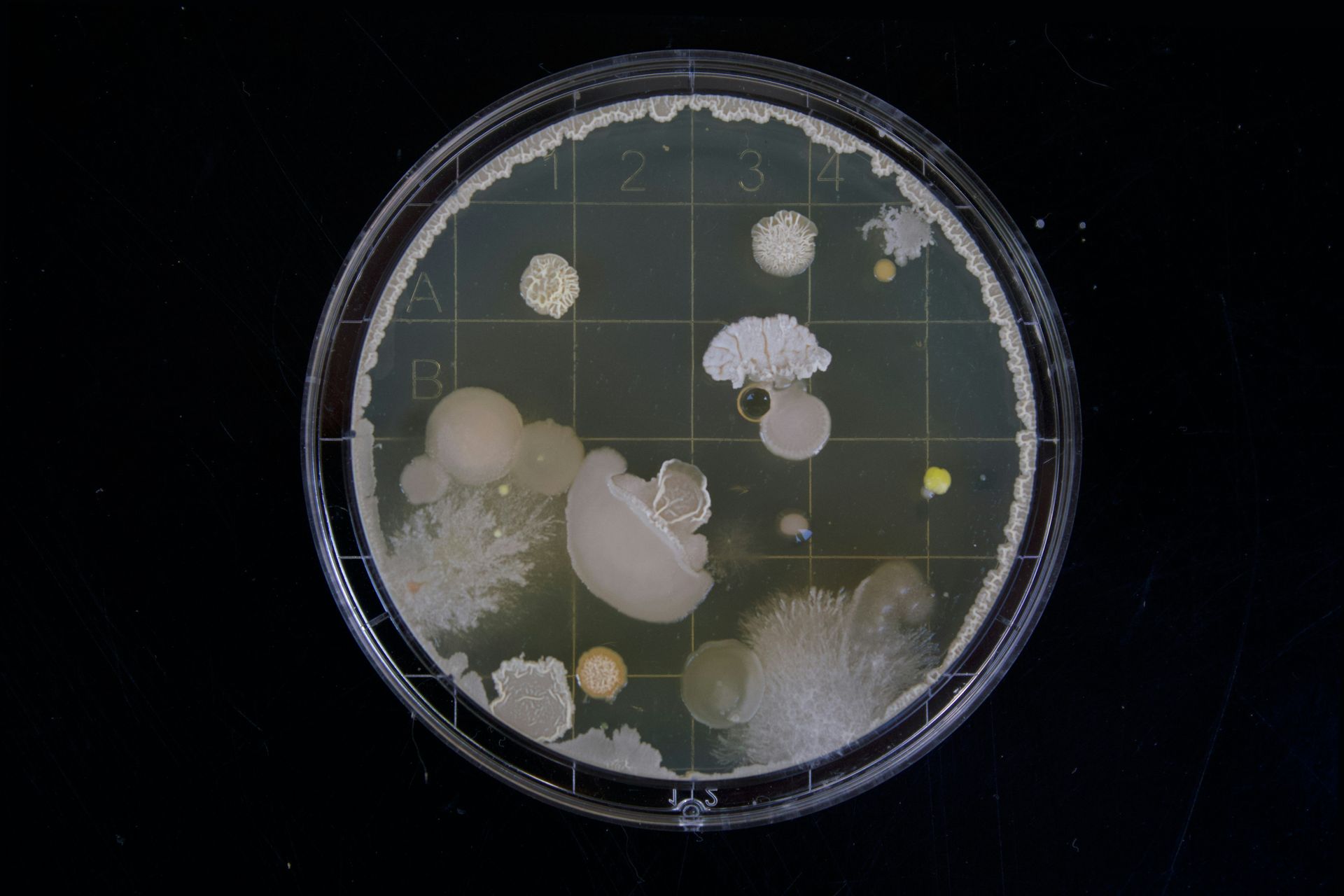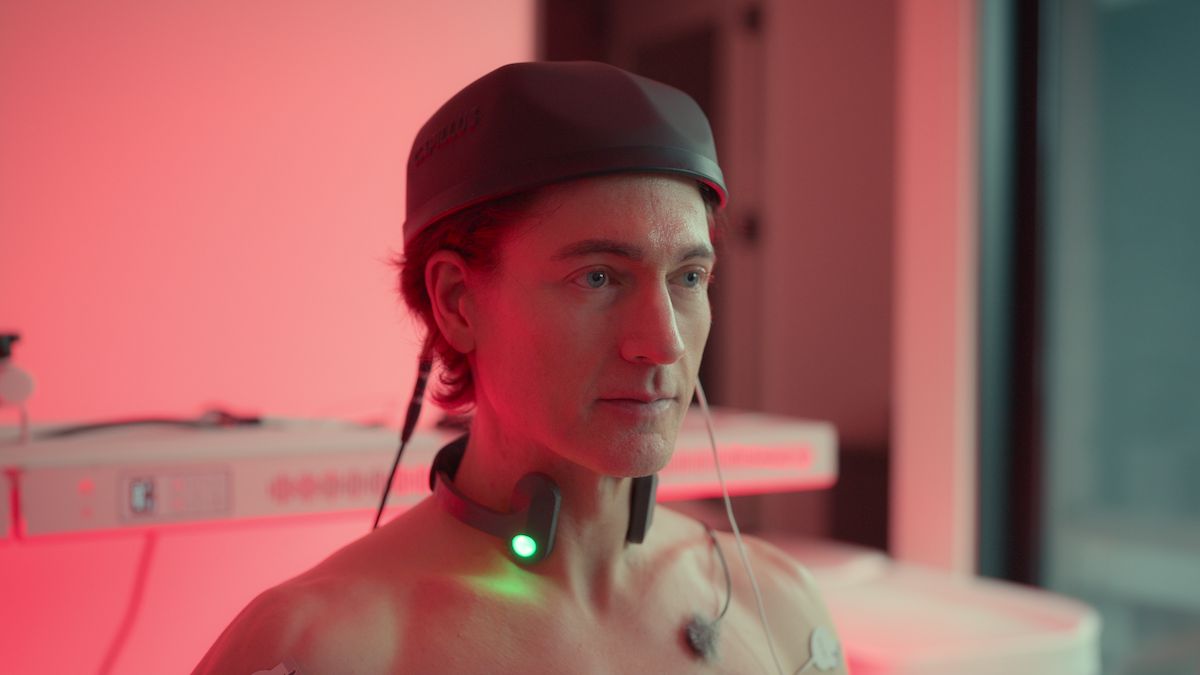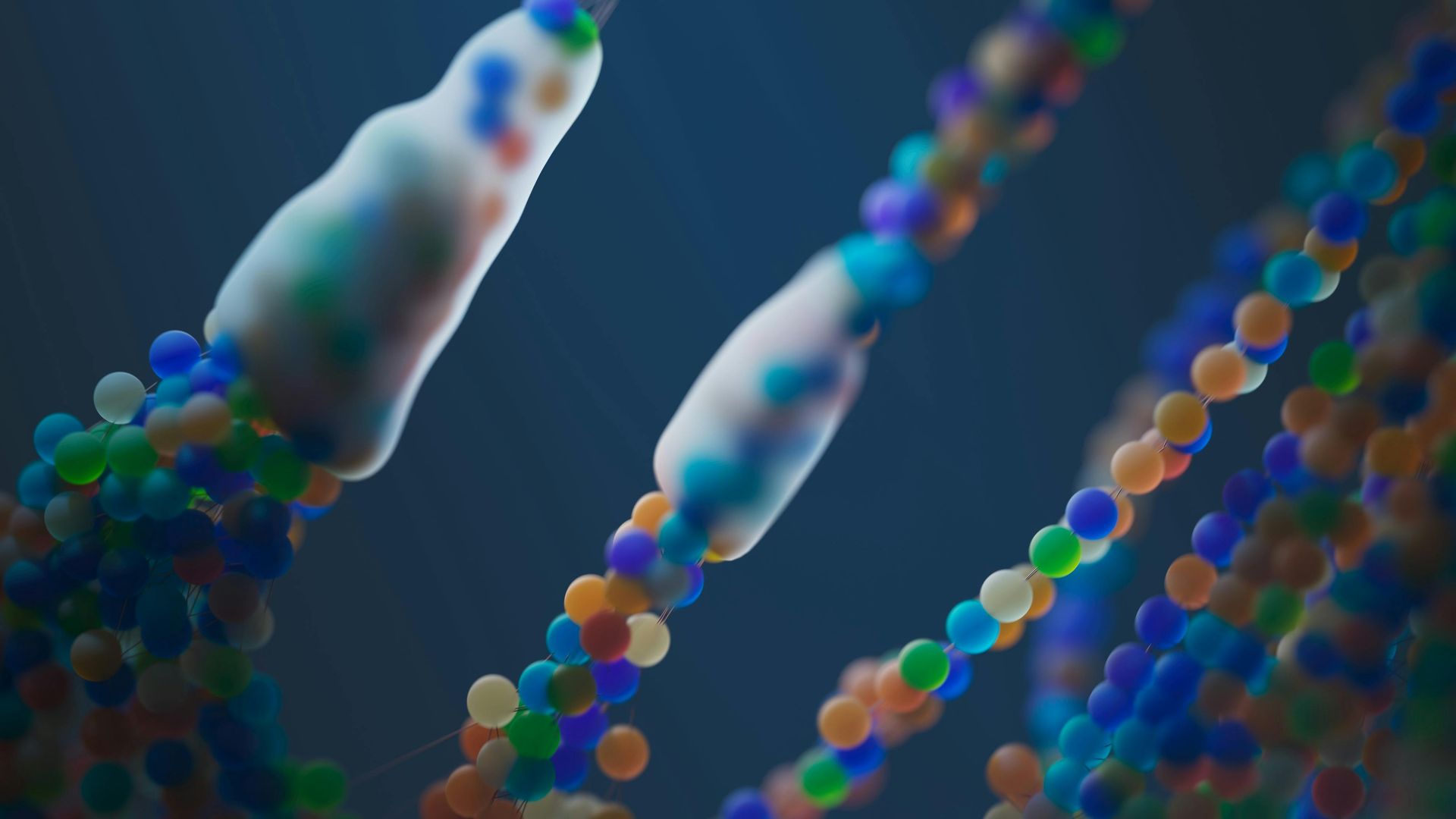Nucleolus: The Key to Cellular Aging
Aging is an intricate biological journey that affects every cell in the body. It not only leads to visible signs of growing older but also contributes to severe health challenges, including cancer, cardiovascular issues, and neurodegenerative diseases. Recent discoveries by a team at Weill Cornell Medicine have shed light on a surprising cellular structure with a major role in aging: the nucleolus.
This dense, spherical region in a cell’s nucleus houses ribosomal DNA (rDNA), essential for building ribosomes, the protein-making machinery of the cell. Ribosomal DNA, due to its repetitive structure, is particularly vulnerable to damage. Over an organism’s lifespan, the nucleolus grows larger, and intriguingly, smaller nucleoli have been linked to longer lifespans in various species. Could nucleolar size control be the key to slowing aging?
The Nucleolus and Its Role in Aging
Studies reveal that the size of the nucleolus expands significantly during aging. Anti-aging interventions like calorie restriction, known to prolong life, often result in smaller nucleoli. This led Dr. J. Ignacio Gutierrez and Dr. Jessica Tyler to test whether maintaining compact nucleoli could delay aging.
Using engineered yeast cells, the researchers tethered rDNA to the nuclear membrane, successfully limiting nucleolar expansion. Their findings were groundbreaking: cells with smaller nucleoli aged more slowly, much like those undergoing calorie restriction.
Interestingly, nucleoli don’t grow uniformly over a cell’s lifespan. They remain small for a long time before rapidly expanding at a certain threshold, after which cells survive for only a few more divisions. This growth also destabilizes rDNA, allowing harmful proteins to accumulate, further accelerating aging.
Expanding Aging Research to Humans
The research team’s next step involves studying the impact of nucleolar dynamics on human stem cells. Unlike regular cells, stem cells can replace other cell types, making them critical for tissue regeneration. Insights into how nucleolar size affects stem cell longevity could pave the way for therapies to enhance human health and lifespan.
This nucleolar research aligns with broader aging pathways, including mitochondrial function, telomere dynamics, and epigenetic changes. By combining knowledge from these areas, scientists aim to develop strategies that not only delay age-related diseases but also improve overall vitality.
Understanding Aging for a Healthier Future
The nucleolus represents just one piece of the aging puzzle, but it’s a significant one. Advances in understanding its role could unlock new approaches to combat aging. Researchers believe that by integrating nucleolar insights with other aging mechanisms, we may soon have therapies capable of extending both lifespan and healthspan.
This groundbreaking work at Weill Cornell Medicine offers hope for a future where aging is not just an inevitability but a process we can better understand—and potentially influence.






